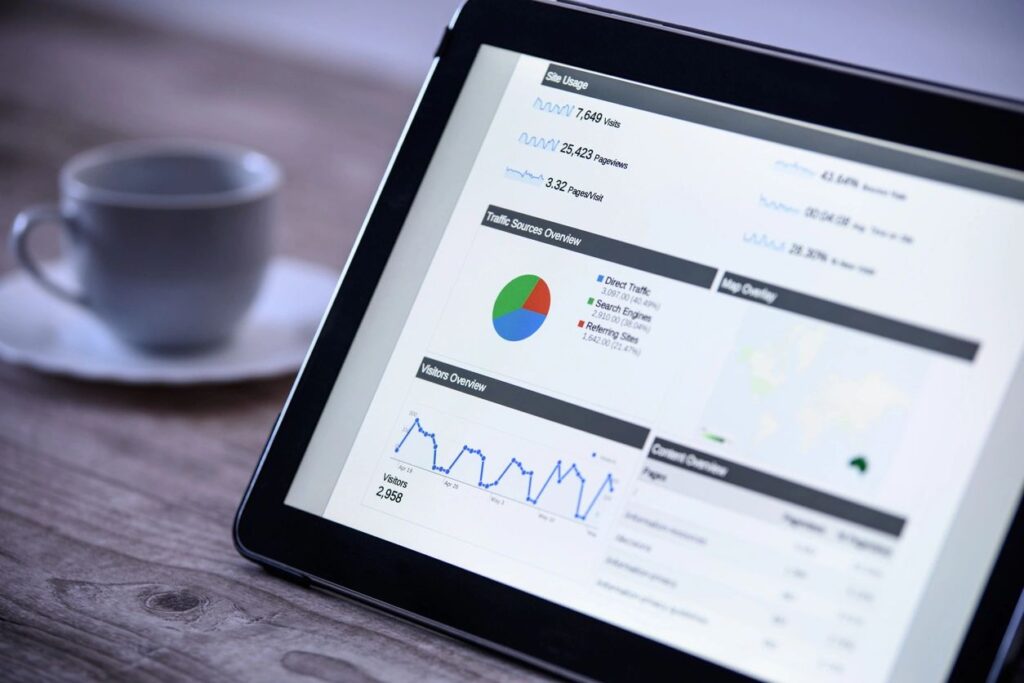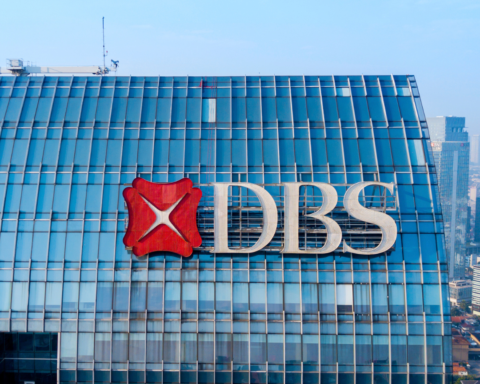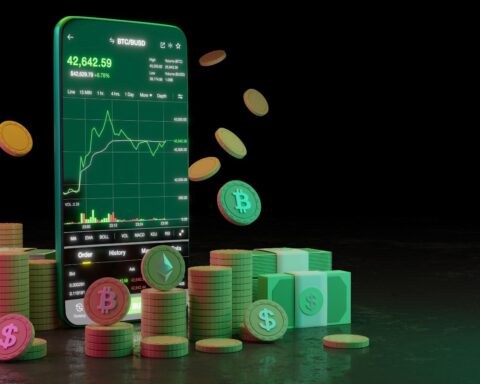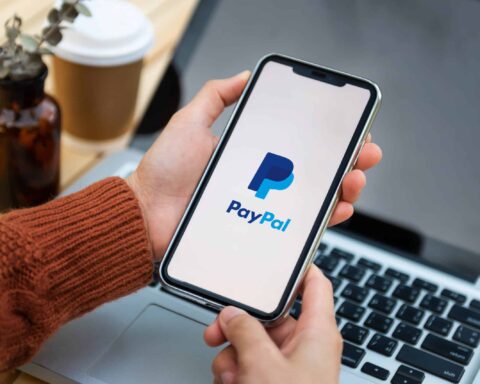
As recovery from the coronavirus pandemic continues, Bloomberg Opinion is running a series of columns looking at crisis-inspired innovations that promise better living over the long run — from more resilient economies, cleaner cities and healthier offices to five-star meal kits, less unnecessary business travel and no more airline change fees.
One thing that quickly became apparent after the onset of the Covid-19 pandemic and the fleeting collapse in financial markets is that big U.S. banks, the villains of the previous crisis, were determined to be the good guys this time around. No job cuts in 2020. Deferred payments on credit cards and mortgages without repercussions. You name it, the likes of Bank of America Corp. and JPMorgan Chase & Co. appeared willing to provide it.
It would be naive to expect this kind of treatment to last forever — banking is a highly competitive businesses, after all. However, a combination of shifting behavior because of the pandemic and industry trends that have only accelerated over the past year might leave top commercial banks with little choice but to remain consumer friendly or else risk losing market share to financial technology companies.
These upstarts gained a lot of momentum during the Covid-19 era. With the public less inclined to visit physical branches, consumers flocked to mobile apps to serve their financial services needs. Many of the underbanked were attracted to the convenience of Square Inc.’s Cash App in addition to its lower fees to deposit their paychecks directly, invest in stocks and pay for goods. According to the company, 36 million customers conducted transactions on its app in December, up more than 50% from the precious year. For comparison, JPMorgan reported 40.9 million active mobile customers as of the end of last year, an increase of 10% from 12 months earlier. PayPal Holdings Inc.’s digital wallet use soared as it added services from cryptocurrency trading to installment payments for online purchases. It’s also making progress at enabling in-store payments using QR barcodes, which are now available at 600,000 merchants.
Unless banks offer similar payment services and innovations inside their apps, these two fintechs will likely continue to thrive. It’s not just about features, either. The traditional players tend to fail at the in-app experience. While Square’s and PayPal’s apps have intuitive and simple designs, older companies can struggle to get the basic user interface right, using too many screens that require extra steps. Say what you will about Robinhood Markets “gamifying” investing with confetti, but its ability to attract millions of new customers speaks to the importance of ease of use, especially for something as important as money.




















